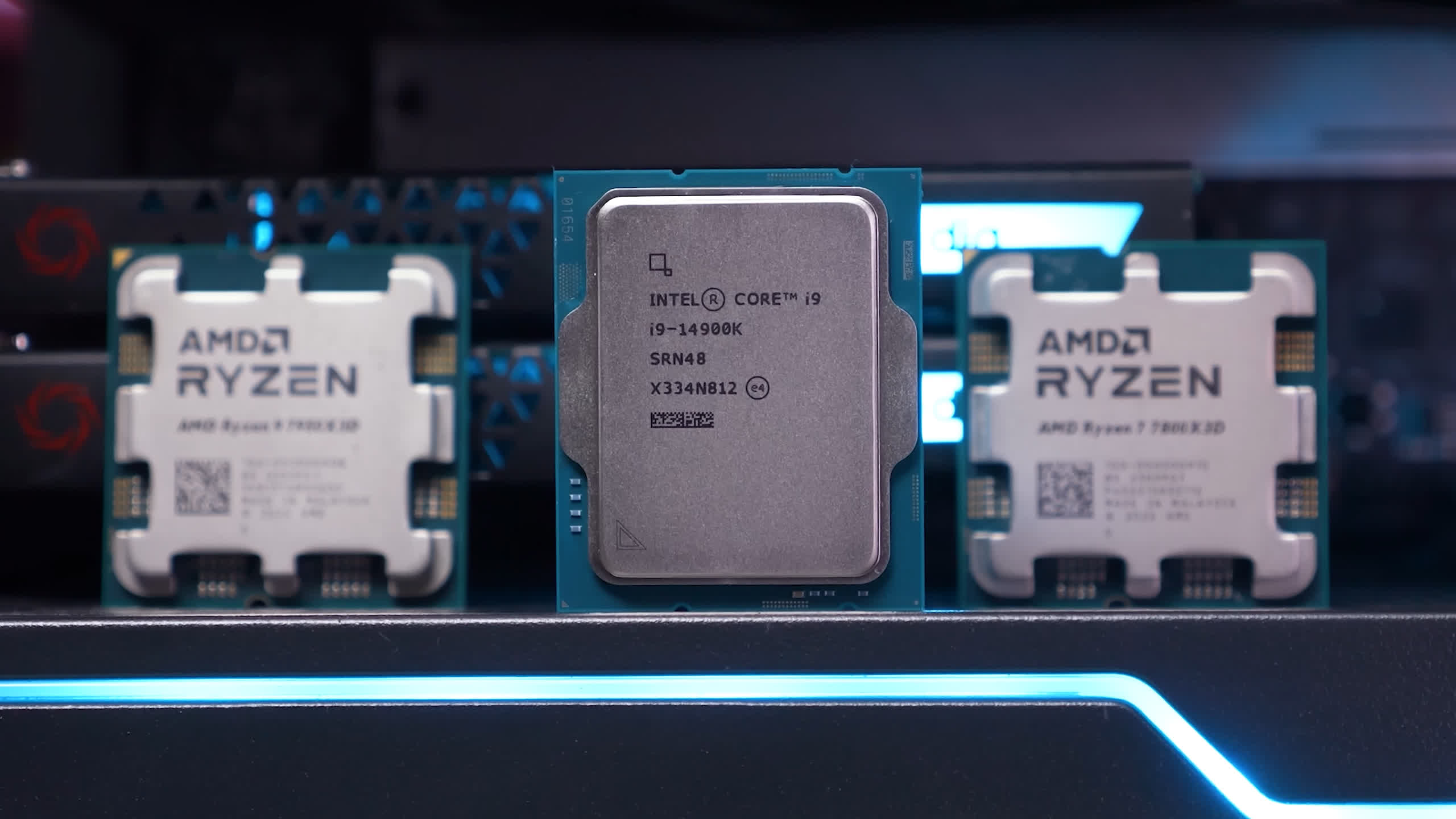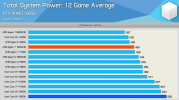It's time to take an updated look at the gaming performance of the Core i9-14900K and Ryzen 7 7800X3D, comparing head-to-head AMD and Intel's best gaming processors to see which one you should buy.
https://www.techspot.com/review/2783-ryzen-7800x3d-vs-core-i9-14900k/

